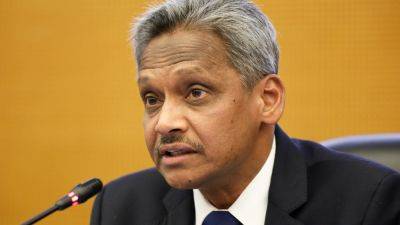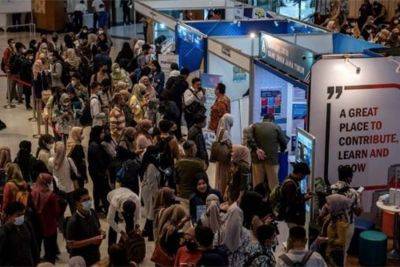‘The dynamics are different’: Singapore and Malaysia aim to finally crack economic integration with Johor special zone
Sharon Kuok started studying in Singapore when she was seven, commuting daily to and from her home in the southern Malaysian state capital of Johor Bahru.
She subsequently attended the National University of Singapore, and she then worked in the city-state for over 30 years before she finally called it a day.
She's now back in her hometown where she lives with her Singaporean husband and their three dogs in a two-story semi-detached house. Despite eating out most days and having a grocery list that included a lot of imported items like milk and cheese, their monthly expenses are about 30% to 40% lower compared to when they were in Singapore.
"We felt that Malaysia would be a cheaper place to spend our retirement. We picked JB [Johor Bahru] because that's where I am from and for its proximity to Singapore," she said.
Kuok is among the small but growing number of Singapore residents who have moved to Johor where living costs are much lower. Some, like Intan Syuhada, senior director at events company Messe Berlin Asia Pacific, base themselves in Johor but cross over to Singapore for work daily via one of the two bridges that connect the two sides.
Mercer, a HR consultancy, earlier this year ranked Singapore the second costliest city in the world for international workers to live in, while Johor Bahru came in at number 214 out of the 226 cities on the list. Items that cost a lot more in Singapore include cars, petrol and utilities like electricity and water.
Already, many people from Singapore have started visiting the Malaysian state regularly to shop and to enjoy services from car repair to massages and haircuts.
The number of Singaporeans visiting or relocating to Johor could increase in coming years when a rail link between







